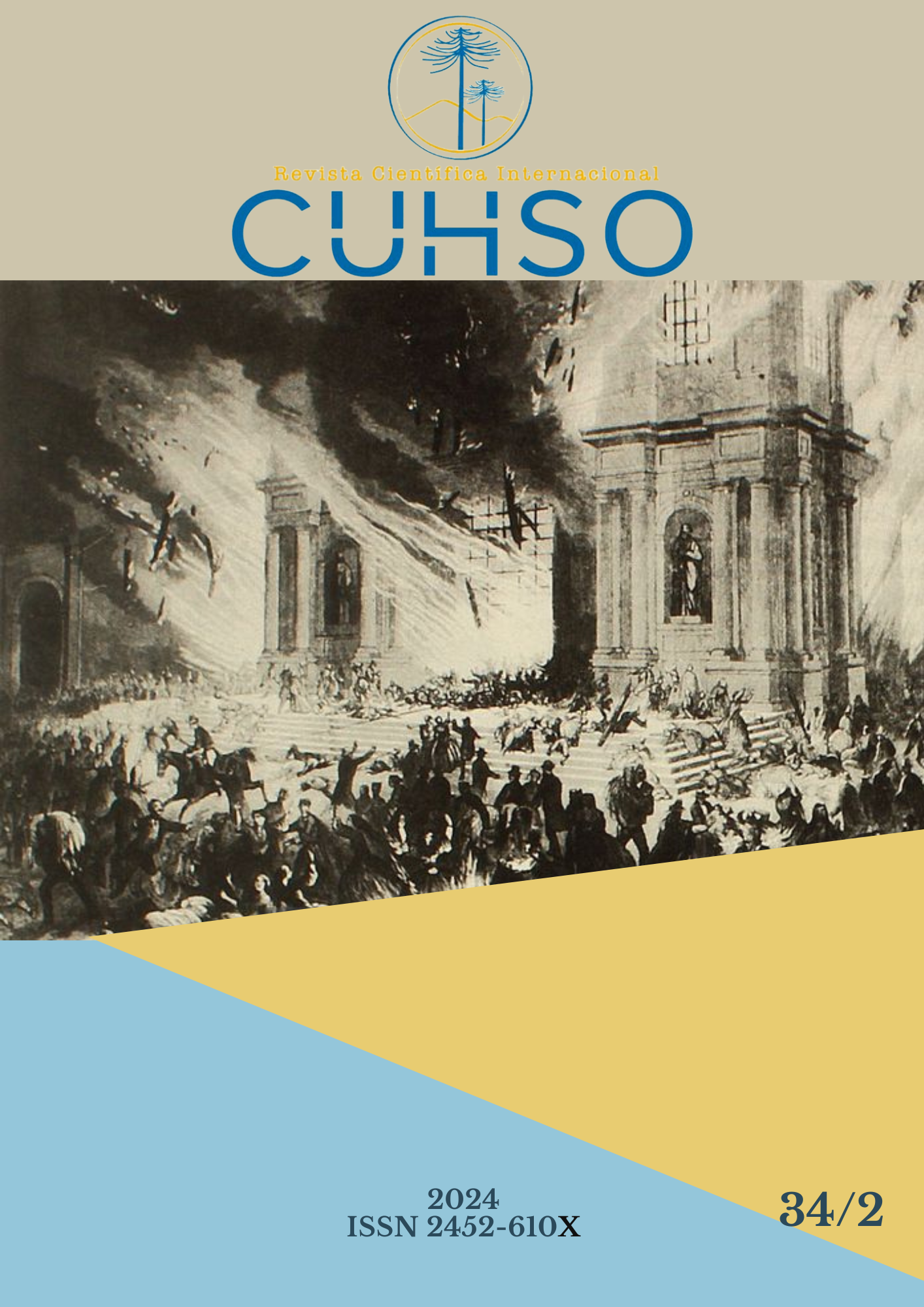Abstract
Modern slavery, a crime that deprives millions of people around the world of their freedom and dignity, manifests itself in various forms, including exploitation, violence, deception, and the abuse of power. In Latin America, Venezuela has become one of the most critical hotspots of this crime, where the humanitarian crisis has created the optimal conditions for the proliferation of forced labor networks and enslaving practices. This article employs a systemic perspective and a qualitative approach to examine the issue of modern slavery in Venezuela. It investigates the underlying causes, consequences, and the challenges associated with its eradication. The findings show the complex interplay between the economic crisis, poverty, political instability, the deficiencies of the current legal framework, and the difficulties associated with judicialization, which collectively foster an environment conducive to this crime. The underlying causes of this phenomenon are found in the interconnection of factors such as poverty, inequality, corruption, and institutional fragility. Likewise, the lack of job opportunities, coupled with impunity and lack of access to justice, facilitates the proliferation of criminal networks that profit from this crime. It can be concluded that in order to provide a solution to modern slavery in Venezuela, it is necessary to implement urgent actions are required at the national and international levels. These actions should include the strengthening of the legal framework, the improvement of coordination between institutions, the promotion of prevention and awareness programs, and the fostering of sustainable development.

This work is licensed under a Creative Commons Attribution 4.0 International License.
Copyright (c) 2025 Luisa Fernanda Villalba-Garcia, Misael Tirado-Acero, Andres Eduardo Fernandez-Osorio


